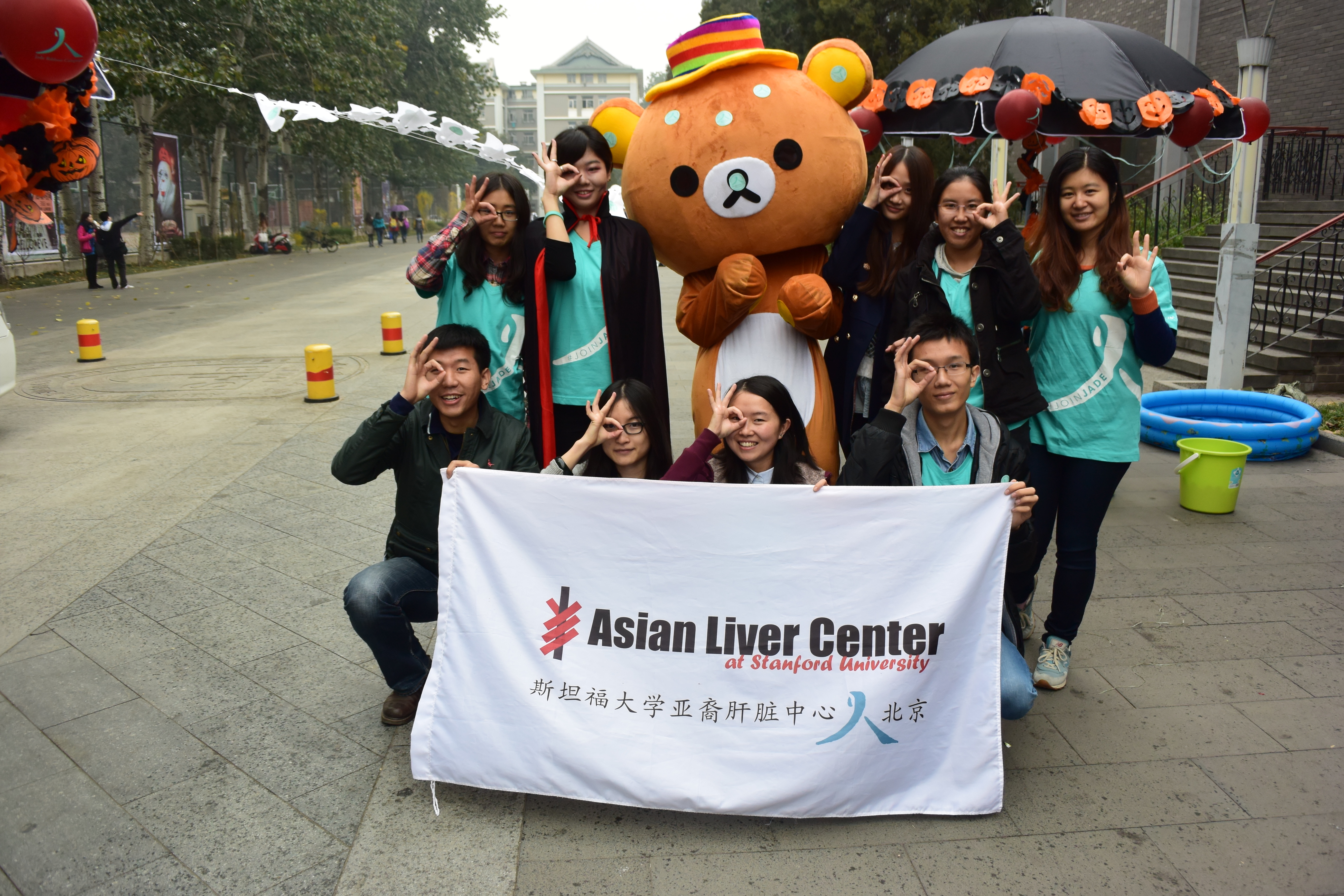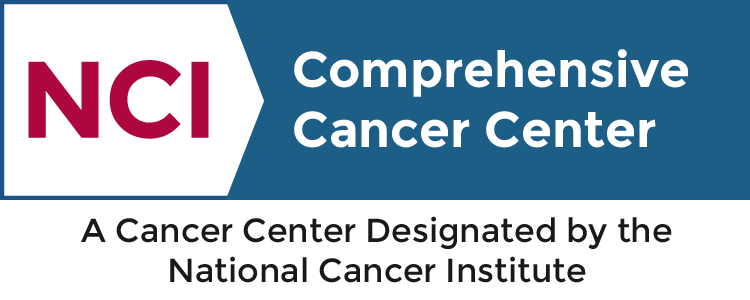When SCI member Samuel So, MD, FACS, a native of Hong Kong moved from the Midwest to the San Francisco Bay Area in 1992, he noticed a problem. A surgeon primarily focused on kidney and liver transplants, So’s patients, who were Asian, were disproportionately dying from hepatitis B-related liver disease and liver cancer, an uncommon phenomena in the population who were not Asian in the United States.
“I recognized no one was doing anything about that, and in some way, these patients were almost discriminated against,” So said, noting the lack of extensive research on the subject.
At the time, the understanding of this disparity was taken from a non-evidence-based retrospective study, detailing that Asian people suffering from hepatitis B had a high mortality rate after liver transplant procedures (The inflammation associated with a hepatitis B infection can lead to extensive liver scarring which may impair the liver's ability to function and increases the risk of liver cancer) However, the majority of patients referenced in the study were already in intensive care before receiving the transplant.
In the United States today, one in 12 adult Asian Americans is chronically infected with hepatitis B in comparison to one in 1000 non-Hispanic Whites. Most of them develop the infection early in childhood and many from mother-to-child transmission, because they did not receive the hepatitis B vaccine beginning at birth. While Asian Americans constitute only 6% of the population in the United States, they comprise over half of the nation’s 860,000 to 2.4 million people chronically infected with hepatitis B. This is one of the greatest racial health disparities in the United States.
When So was recruited to Stanford, he knew that he had a responsibility and saw an opportunity to address this conundrum.
“I talked to the dean at the time, and the CEO [of Stanford Health Care], and said ‘we are in an ideal location to address this problem.’ No one seemed to care at a national scale,” So said.
With that, in collaboration with the School of Medicine, the Asian Liver Center (ALC) was created in 1996, and So has been the center’s executive director ever since. In its infancy, the center was a grassroots movement. It received no local, state or federal funding, and relied on the passion from Stanford students and staff and donations from the Asian community. So remarked that at the time, he and his team would perform community outreach to the Asian population of the Bay Area, spreading the word about the new center and its mission to tackle hepatitis B-related liver disease.
“Initially the program managers were always Stanford students who took a gap-year before going to graduate or med school,” So remembered.
After garnering enough seed money in the form of donations, So and his team were able to provide free hepatitis B testing to the community. The center’s main initiative was to tackle the lack of awareness around the disease and empower patients to take the necessary preventative care steps to mitigate the risk of developing a serious case.
Today, the Asian Liver Center is a flourishing beacon of care and hope for Asians suffering with related illnesses. Ten years ago, a Stanford center was established at Peking University in Beijing, China, to expand research and teaching opportunities in China. Since launching operations in China, the Peking ALC has built partnerships with local governments including the Health Department of the Qinghai Province and Gansu Province, public health institutions like the China and Beijing CDC, non-governmental organizations (NGOs), student groups and Chinese media and multinational companies. By working with various partners, the Asian Liver Center can establish unifying connections to eradicate hepatitis B.
Tying together his involvement in liver disease research, So also went on to establish the multidisciplinary liver tumor board at the SCI. This collaborative panel of in-house experts discuss challenging cases and the best course of treatment for that case. So ran the board for over ten years before transitioning leadership.
The center has also collaborated with the U.S. Center for Disease Control and the World Health Organization for over 20 years to address gaps in hepatitis B and hepatitis C prevention and control policies and research. Because liver cancer isn’t a major problem for the US population at large, it lacks a presence in national funding, and the Asian Liver Center’s research studies to discover more effective treatments are often funded by philanthropic endeavors. Nonetheless, it remains one of the deadliest types of cancer, with an 18% five-year survival curve in the US. This is because many patients are asymptomatic, so diagnosis often occurs in the disease’s advanced stages when treatment becomes more difficult.
Still, the majority of liver cancer cases triggered by hepatitis B and C can be prevented with hepatitis B and C antiviral therapy and treated if caught early enough through regular screening for liver cancer.
Most recently, So and colleagues at the ALC spearheaded the Life-Saving Bill AB 789, which was unanimously passed in the chambers of California legislature in 2021. The act that became law on January 1, 2022 requires health care facilities that provide primary care services to offer adult clients a hepatitis B and a hepatitis C screening test and to provide care and treatment for those who test positive.
On the bill’s signing, So stated, “AB 789 is an important, lifesaving legislation that would help end the silent epidemic of liver disease and liver cancer deaths in California caused by untreated hepatitis B and C.”
Today, the Asian Liver Center continues to uphold its pledge to address the disproportionately high rates of chronic hepatitis B infection and liver cancer in Asians and Asian Americans through community outreach, academic studies, and clinical expansion.
“If you want to make any change, you have to provide the research data and collect all the evidence,” said So. “And that’s what we’re doing.”
Members of the Asian Liver Center continue to provide evidence for the benefits of mandated screenings and health disparity gaps.
Asian Liver Center related publications:
SCI member Mehlika Toy and colleagues investigate the cost-impact of mandated universal screening for chronic hepatitis B.
Thi T Hang Pham, MD, MSc, and colleagues identify the gaps in hepatitis B screenings in pregnant women.
SCI member Mehlika Toy and colleagues investigate the cost and health impact of delayed implementation of hepatitis B treatment in China.



